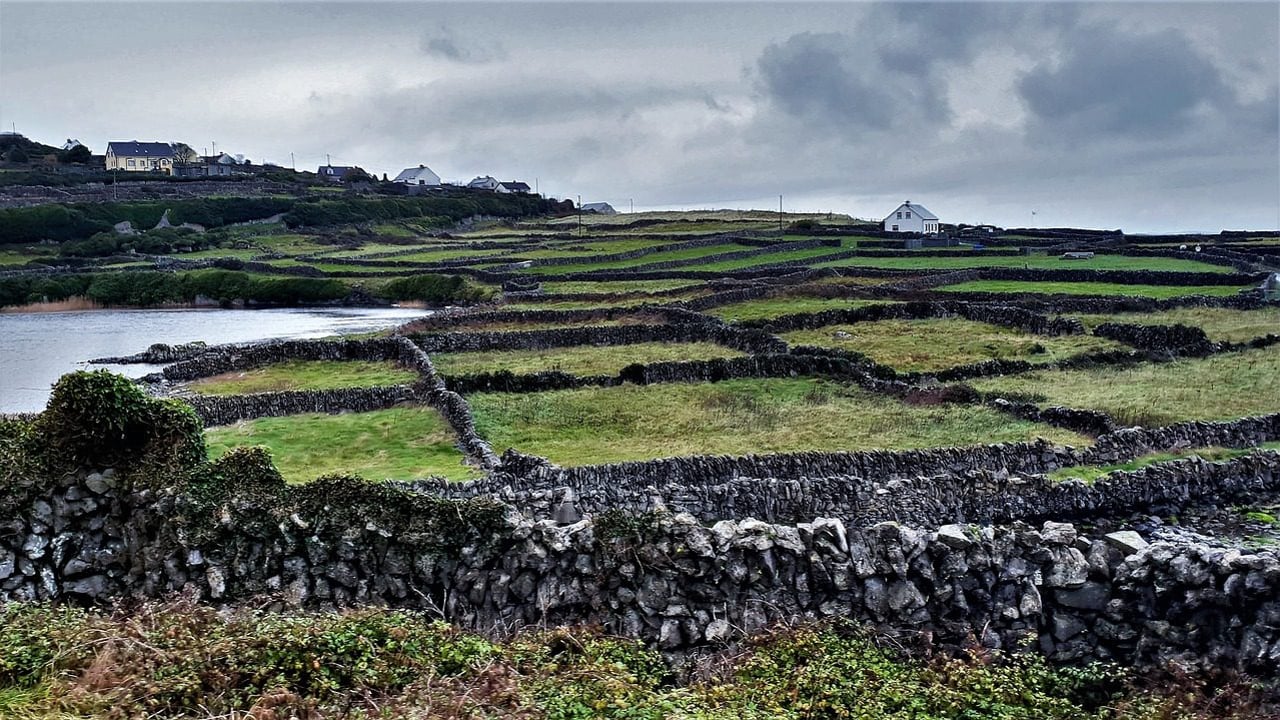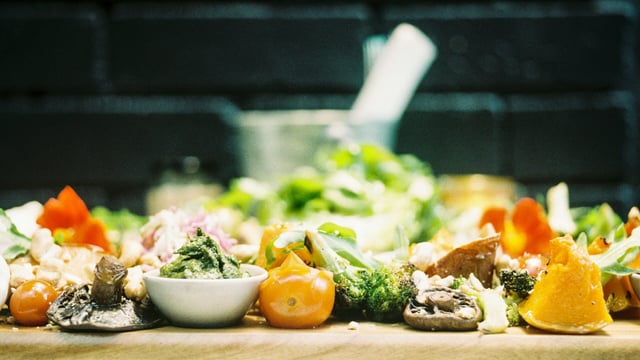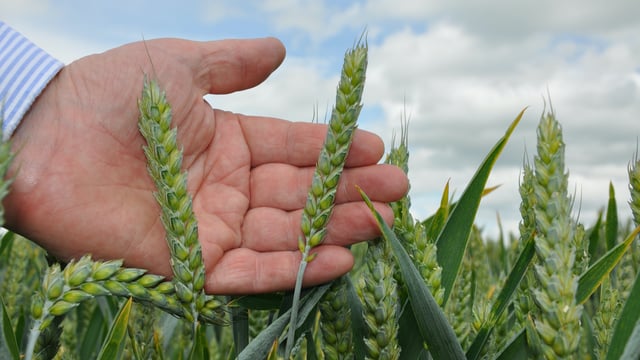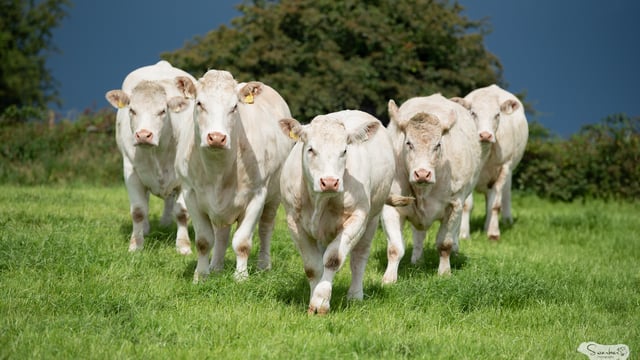Gorman to address AGM of Irish Rural Link on 'future of agriculture'
The president of the Irish Farmers' Association (IFA), Francie Gorman, will address the annual general meeting (AGM) of Irish Rural Link (IRL) on the "future of agriculture".
IRL, which is a national network representing the interests of rural communities, is holding its AGM tomorrow (Tuesday, October 8) at the Tuar Ard Arts Centre in Moate, Co. Westmeath.
The AGM is set to take place from 9:30a.m to 11:30a.m.
Gorman will address the staff, board, and members of the IRL at the event tomorrow, speaking about the future of agriculture and rural communities, and what opportunities are available to the sector and for those living in rural areas.
IRL said: "With changes happening in the agriculture sector to meet emissions targets, [Gorman] will discuss what is needed to support farmers to make changes and what communities need to make rural areas sustainable places to live and work."
The AGM will also hear from an expert on pensions to speak about what is involved in a new automatic pension enrollment scheme that will come into effect from January 2025.
Attendees will hear how organisations within the community and in the voluntary sector can prepare for this pension enrollment scheme, and the costs involved.
Last week, IRL welcomed additional social protection measures in Budget 2025, but cautioned that it is still insufficient for some low income households.
While IRL welcomed the €12 increase in core social welfare rates, including the contributory and non-contributory pension and increases in Qualified Child Allowance, it said that this will not be enough for low-income rural households to meet the continued cost of living challenges.
In its pre-budget submission, IRL had called for an increase of a minimum €20/week in core social welfare payments in Budget 2025 to restore the "real purchasing power of payments" and "begin to lift people out of poverty".
IRL welcomed the one-off payments in fuel allowance, living alone allowance, disability, and carer's allowance, but said that these are “not sustainable and will not lift these households out of poverty” in the long-term.





